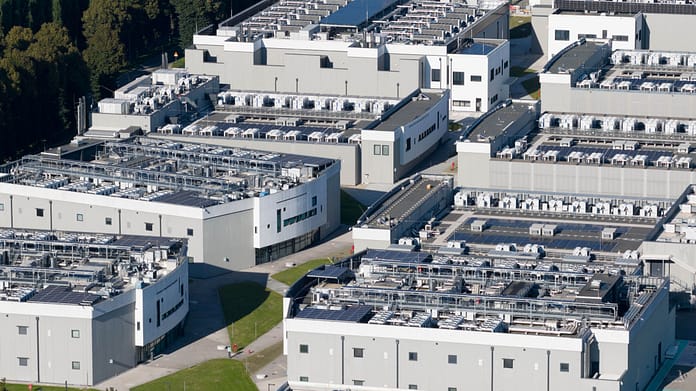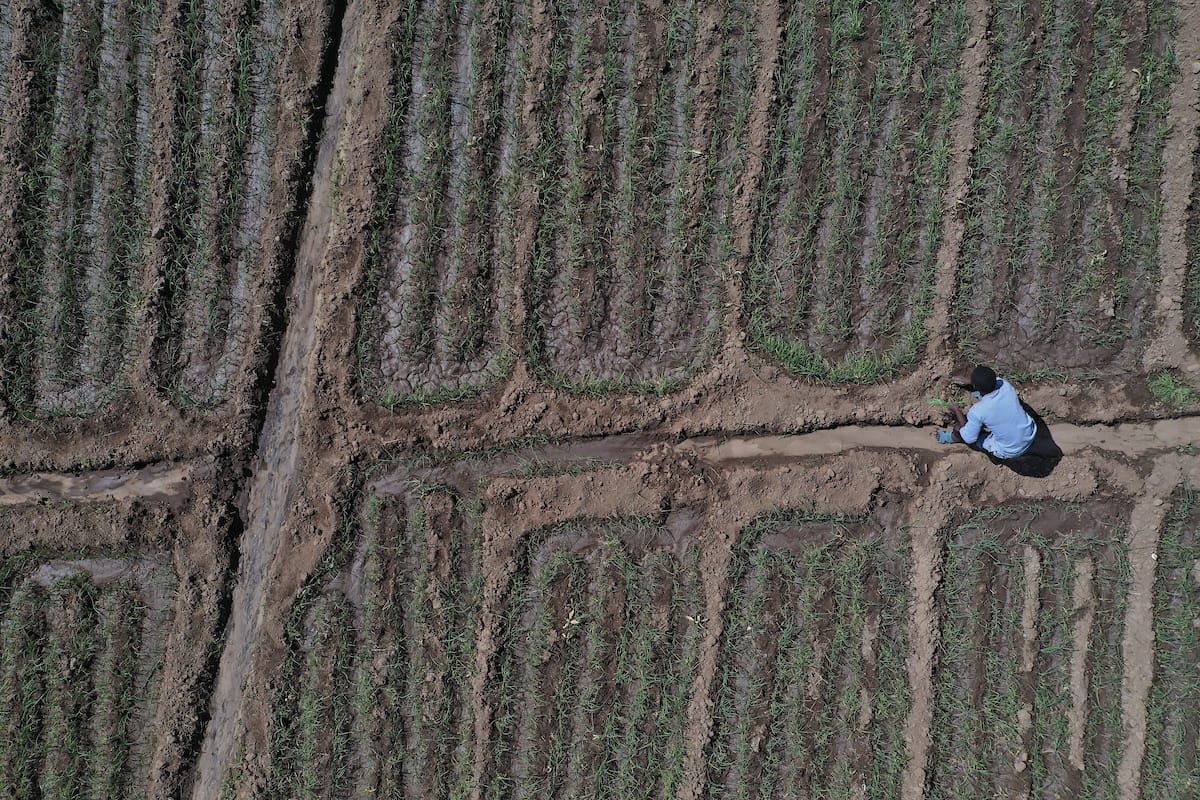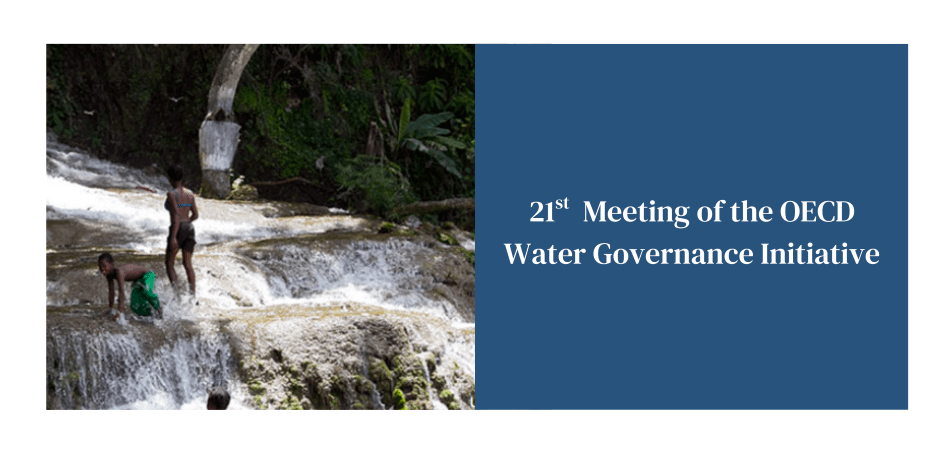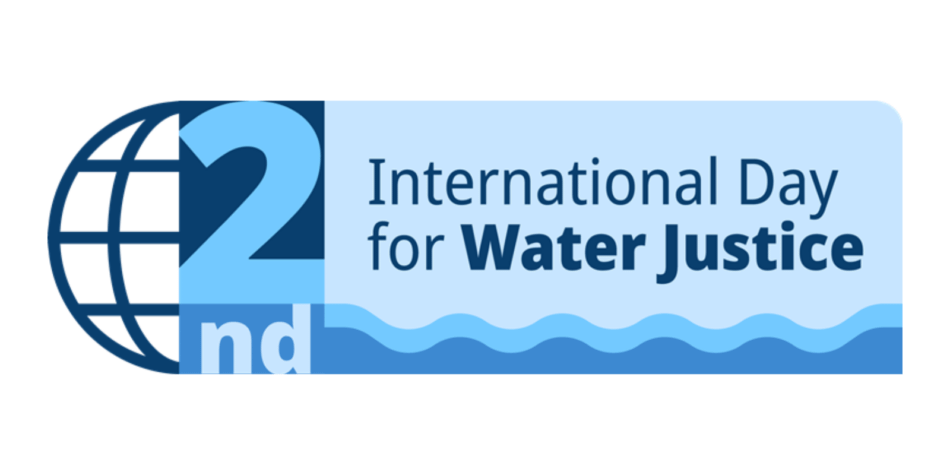What does financing for water resilience look like beyond COP30?
As severe water insecurities affect over 3.2 billion people, IWMI researchers point to localized private climate finance as a critical lever to closing funding gaps.
Digital tools to address data gaps facing Ethiopian farmers
Data experts in Ethiopia explore how digital tools can improve data sharing and thus farmers’ access to critical water, climate and soil data.
Latest publications
Journal Article
Solar irrigation for adapting to climate change in cocoa farming: a choice experiment approach identifying Ghanaian farmers’ preferences
Elsevier | March, 2026
Journal Article
Nutrient dynamics and recovery efficiencies in a decentralised faecal sludge and food waste treatment system
Elsevier | March, 2026
Manual
Setting up Indus Telemetry for canal flow monitoring: a learning experience
International Water Management Institute | January 21st, 2026
Report
Water financing: scaling up finance to the Water, Energy, Food and Environment (WEFE) Nexus
International Water Management Institute | January 20th, 2026








